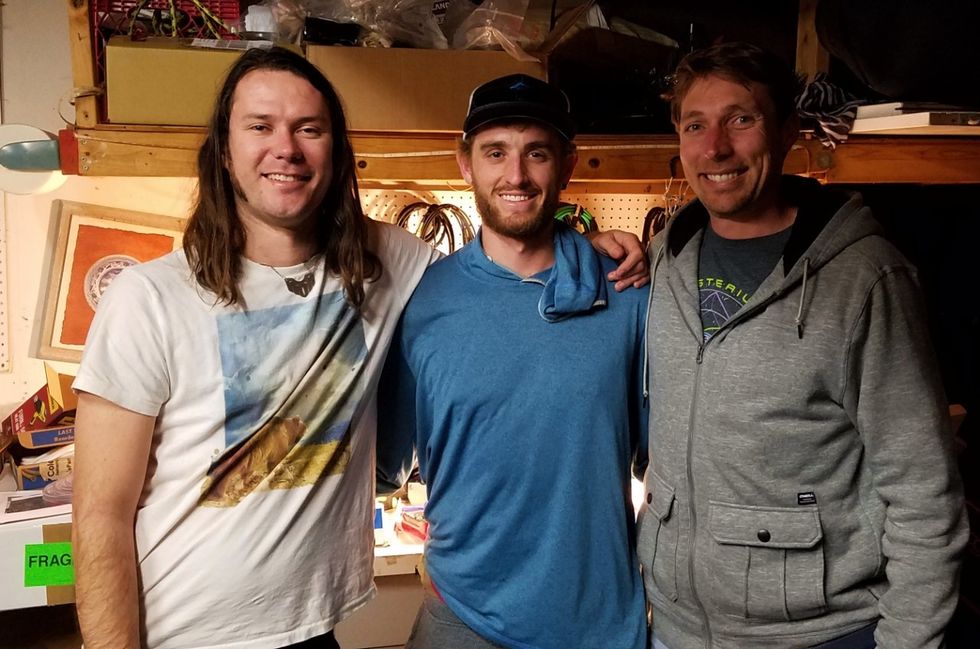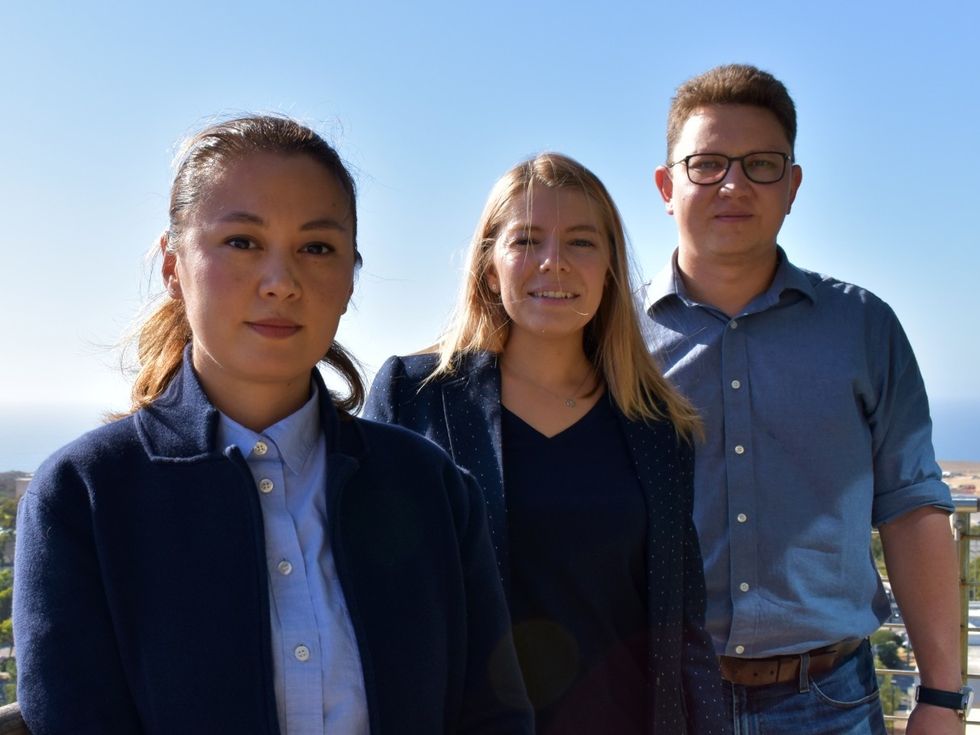This is the web version of dot.LA’s daily newsletter. Sign up to get the latest news on Southern California’s tech, startup and venture capital scene.
The tides are turning for nascent biotech ventures—for the worse.
On Tuesday, the Alliance for SoCal Innovation hosted its annual showcase of startups at the Skirball Cultural Center. The event featured a promising crop of life sciences ventures, most of which are so early-stage that they’ve yet to raise their first round of commercial funding.
But many of these wide-eyed startups—often headed by academic researchers who have little experience in commercialization—unfortunately don’t have the benefit of robust capital market conditions like those that greeted cohorts past. COVID-19 launched a massive campaign among venture investors hungry to bet on biotechnologies with the potential to change the world; venture capital activity in the biotech and pharma sectors reached a record $28.5 billion in 2020, according to PitchBook Data, which was up more than 60% from $17.8 billion in 2019.
The reality is different now. The public markets are struggling, and the impact of that stock market slowdown has begun to trickle into the private sector, as well. That doesn’t bode well for pre-seed biotech startups like those at the Alliance’s showcase, who now must navigate a tepid market without necessarily having clinical data—biotech’s main proof of concept.
“The challenge is [biotech startups are] very capital-intensive, and we're moving into a [bearish] market with higher interest rates,” Ryan Witt, hub director at UCLA Biodesign, told me at Tuesday’s event. “You see this in the public markets—stocks are trading at cash value or close to cash value, some less than cash value. And because of that, you're seeing it’s harder for the therapies companies to exit.”
Witt said investors are now increasingly focusing on startups that have some clinical data to back them up, or first-time entrepreneurs who are surrounded by advisors with experience in the commercial realm. They’re also more interested in knowing what the exit strategies for those startups look like, he noted.
The rest may have to contend with the fact that their next round of funding is going to be lower than they expected, as David Crean, managing general partner at life sciences VC firm Equitos, told me. “They're competing against other companies that are higher quality [and] closer to the clinic,” Crean said. “It's very, very difficult for a lot of these companies.”
“Now, the nice thing is, as a venture investor, we can get bargains,” he added. “Right now, there's some really great bargains out there.” — Keerthi Vedantam
Phoenix Motorcars Raises Just 10% of Planned $150M IPO
The electric vehicle startup went public today and its stock plunged almost immediately after trading started. Its struggles are a reflection of the bearish conditions facing both EV stocks and the stock market at large.
Los Angeles Cleantech Incubator Launches Green Loan Fund
The $6 million LACI Cleantech Debt Fund will be loaned out in $25,000-to-$250,000 increments to approximately 100 early-stage clean tech startups nationwide over the next five years—with an emphasis on female, Black and brown founders.
Disinformation Spreads on TikTok Ahead of Kenya’s Election
First pro-war propaganda in Russia, then misinformation around the Philippines' presidential election. Now, TikTok is reportedly dealing with political disinformation and hate speech spreading in Kenya.
There’s Buzz That Netflix Could Acquire Roku
As part of its effort to launch ads on its streaming service, Netflix is reportedly looking at acquiring one of the leaders in video advertising.
At the Electrify Expo, Cars Aren’t the Only EVs Sparking Interest
The biggest outdoor electric vehicle festival in the U.S. took place this past weekend in Long Beach. More than half of the companies represented were in the micromobility space—and there’s good reason for that.
Sponsored: Recurring Revenue Conference Returns to Culver City
Join 500-plus entrepreneurs, executives and investors on June 23 at the Culver City Hilton for the Recurring Revenue Conference hosted by Sutton Capital Partners. Whether you are a SaaS or subscription business, or if customer retention is critical for your success, this is the premier Southern California event to learn from tech pioneers.
Discount: dot.LA readers can register with this link using promo code DOTLA229 to save over $200 on in-person attendance.
What We’re Reading Elsewhere...
- TikTok’s foray into music marketing is frustrating some musicians.
- United Talent Agency acquires MediaHound, a software and data analytics company.
- Paramount’s Pluto TV takes its free, ad-supported service to Canada.
- Fisker announces that it’s surpassed 50,000 reservations for the Ocean SUV, along with details about its second vehicle.
- SoCalGas gets $750,000 to develop renewable hydrogen from biogas.
- Tennis player Coco Gauff unveils her new NFT line on L.A.-based platform Autograph.
----
How Are We Doing? We're working to make the newsletter more informative, with deeper analysis and more news about L.A.'s tech and startup scene. Let us know what you think in our survey, or email us!




